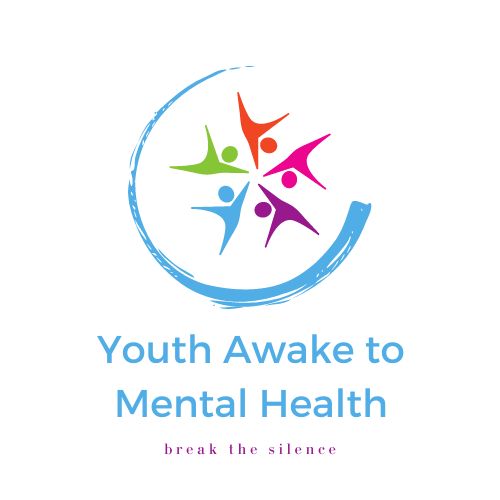The Ghana Youth Risk Behavioral Study (GYRBS) 2024 is a nationally representative survey focused on understanding mental health and related behaviors among junior high school students in Ghana. Scheduled to commence in October 2024 and conducted biennially thereafter, this study aims to shed light on the various factors impacting the mental well-being of Ghanaian youth.
Key Focus Areas:
- Mental Health Behaviors: Assessment of mental health conditions, stress levels, coping mechanisms, help-seeking behaviors, and experiences related to anxiety, depression, and other mental health challenges.
- Youth Health Behaviors: In addition to mental health, the study will also cover sexual behaviors, injury and violence, substance use, diet and physical activity, and other relevant aspects affecting adolescent health.
Purpose and Objectives:
- Mental Health Monitoring: Monitor the prevalence and trends of mental health issues among junior high school students in Ghana, including factors contributing to mental well-being and challenges faced.
- Risk Behavior Identification: Identify risky behaviors and factors associated with poor mental health outcomes, such as substance use, bullying, exposure to violence, and lack of social support.
- Intervention Planning: Use the data to inform the development of targeted interventions and programs aimed at promoting positive mental health, resilience, and coping skills among Ghanaian youth.
- Comparative Analysis: Compare mental health indicators across different demographic groups, geographic regions, and socioeconomic backgrounds to identify disparities and tailor interventions accordingly.
Importance and Impact:
The GYRBS 2024 study holds significant importance in the following ways:
- Early Intervention: Early identification of mental health issues and risk factors can lead to timely interventions and support for students in need, preventing escalation of mental health challenges.
- Stigma Reduction: By addressing mental health openly and collecting data on related behaviors, the study contributes to reducing stigma and promoting open dialogue about mental well-being among youth.
- Policy and Program Development: Insights from the study will inform the development of evidence-based policies, school programs, and community initiatives aimed at improving mental health outcomes and overall well-being among Ghanaian adolescents.
The anonymized survey ensures participant confidentiality and privacy, with the collected data serving as a valuable resource for mental health professionals, educators, policymakers, and community organizations to drive informed decisions and strategies focused on enhancing the mental health landscape for Ghanaian youth.
